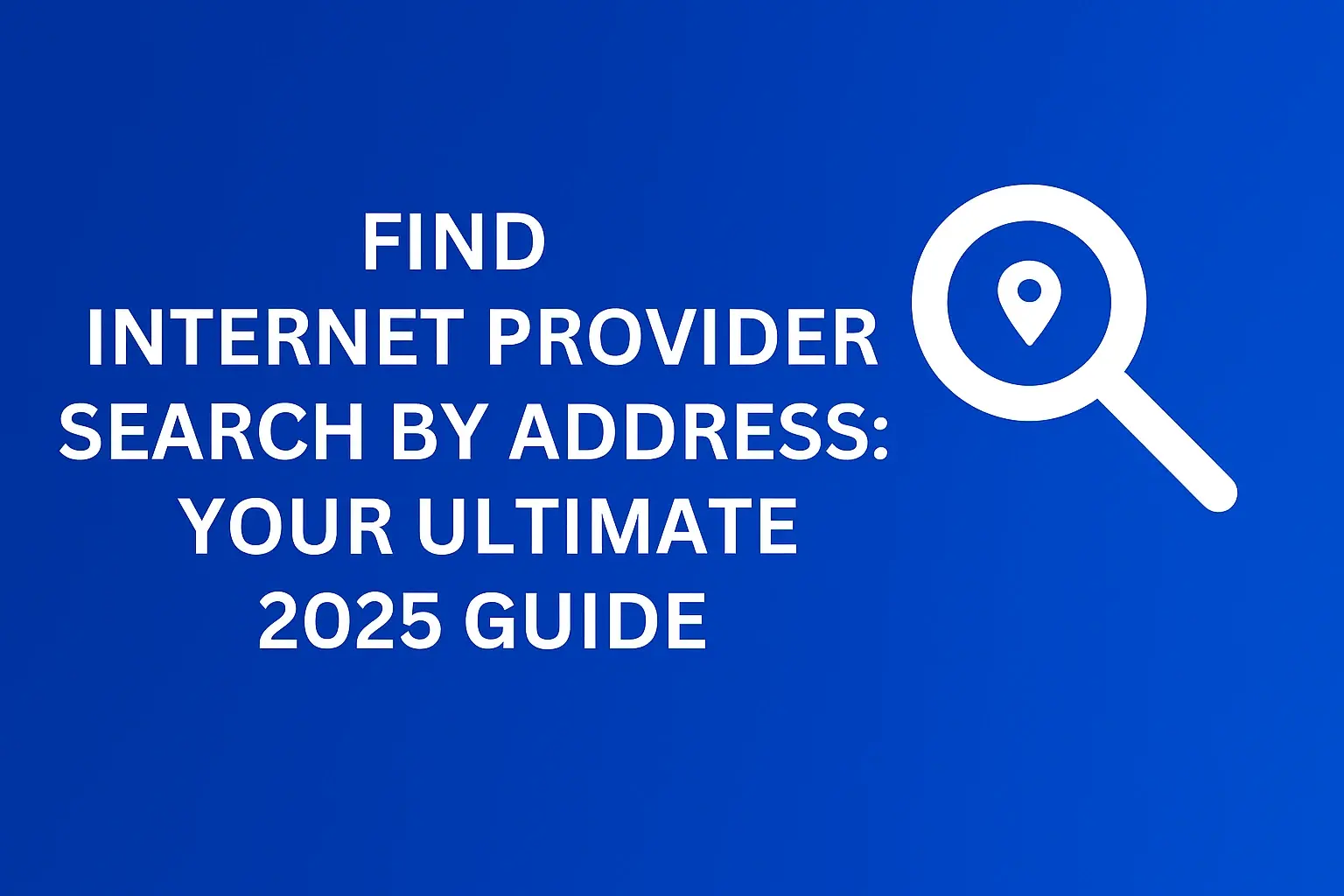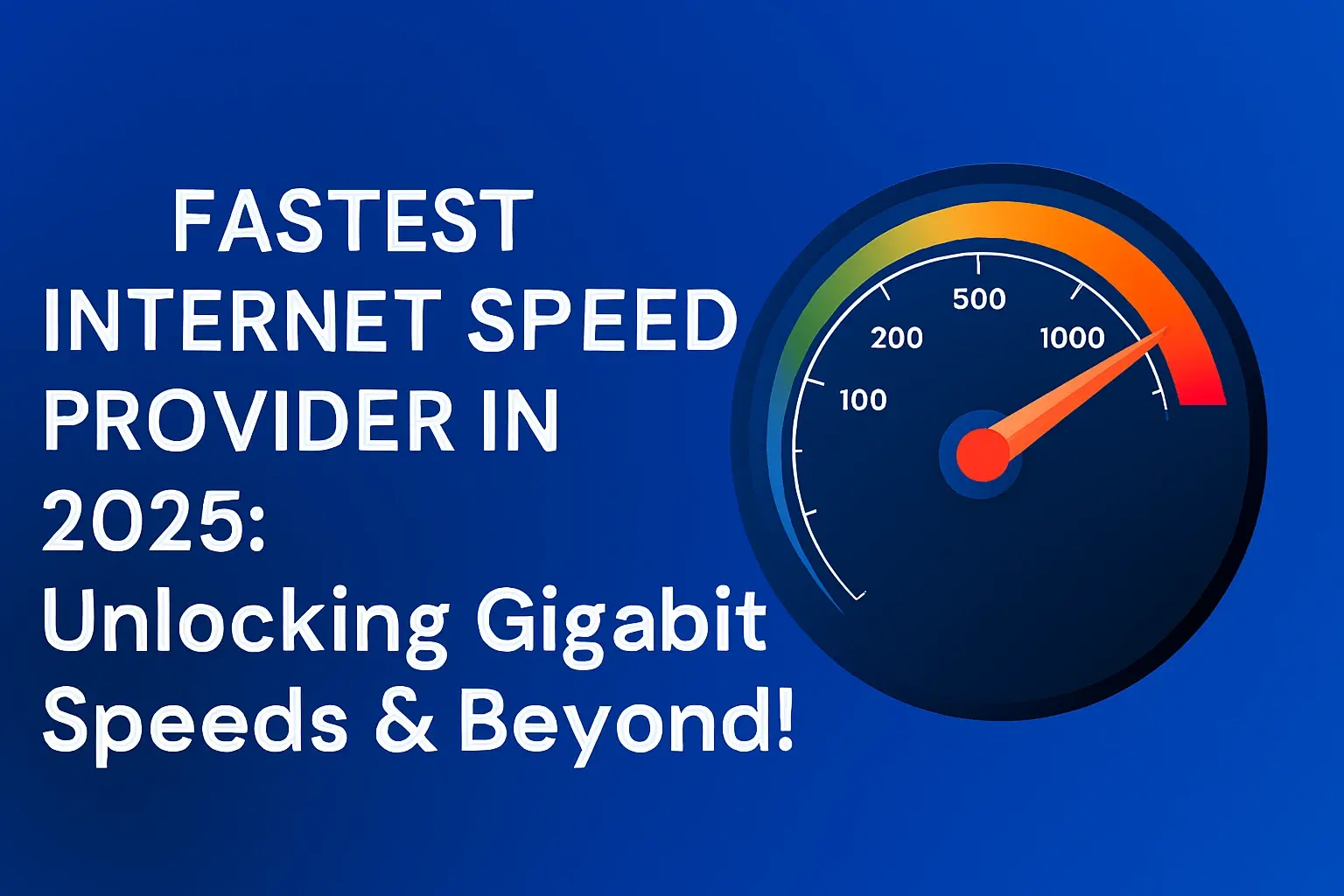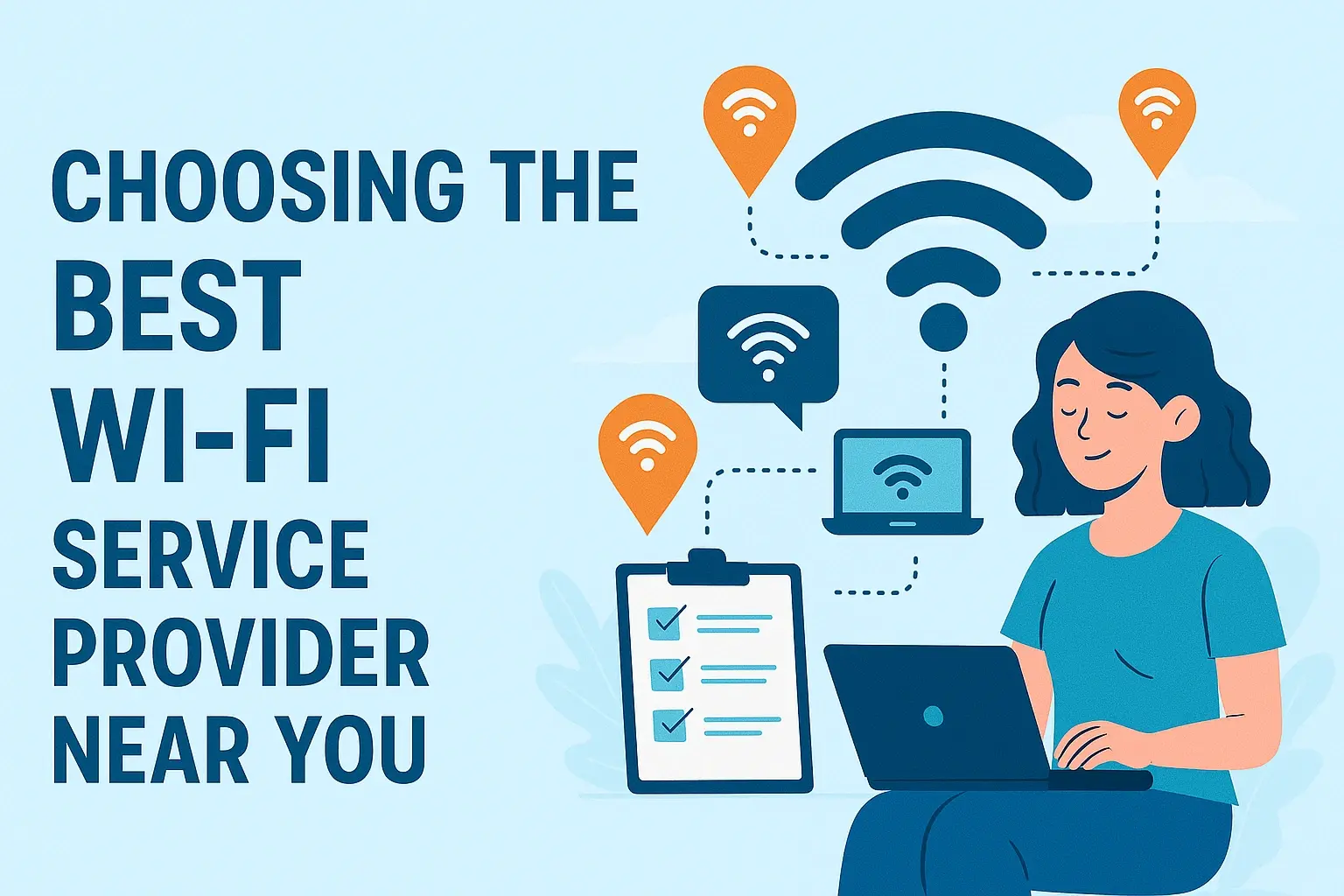Saving when you combine with Charter

Discover how combining Charter services unlocks significant savings, offering a streamlined and cost-effective solution for your home entertainment and internet needs. This guide explores the benefits and strategies for maximizing your discounts when bundling with Charter Spectrum.
Understanding Charter Bundling: The Core Savings Strategy
In today's interconnected world, managing multiple home utility and entertainment services can become a complex and costly affair. Internet, television, and phone services are no longer luxuries but necessities for most households. Charter Spectrum, a leading provider of these essential services, offers a compelling solution through its bundling options. The fundamental principle behind Charter bundling is simple: by combining two or more services under a single provider, customers can significantly reduce their monthly expenses compared to subscribing to each service individually. This strategic approach not only simplifies billing but also often unlocks exclusive discounts and promotional offers unavailable to standalone service subscribers. When you combine with Charter, you are essentially leveraging their scale and integrated infrastructure to gain a more cost-effective and convenient service experience.
Why Bundle with Charter Spectrum? Key Advantages
The decision to bundle services with Charter Spectrum is driven by a multitude of benefits designed to enhance customer value and convenience. Beyond the primary goal of saving money, Charter's bundling strategy aims to provide a more integrated and streamlined experience for its subscribers. Here are the key advantages that make bundling with Charter an attractive proposition for many households:
- Cost Savings: This is the most significant driver for most consumers. Charter bundles typically offer a reduced monthly rate for each service when purchased together. These discounts can accumulate, leading to substantial savings over the course of a year. For instance, a Triple Play bundle (internet, TV, and phone) often costs less than subscribing to separate internet, TV, and phone plans from different providers or even from Charter individually.
- Simplified Billing: Instead of juggling multiple bills from different companies, Charter bundling consolidates all your services onto a single monthly statement. This makes budgeting easier, reduces the chances of missed payments, and simplifies customer service interactions, as you only need to contact one provider for any issues or inquiries.
- Convenience and Integration: Having all your essential home services managed by one provider streamlines installation and maintenance. Charter's integrated network often means a single technician can set up all your services, and any technical support needed can be coordinated more efficiently.
- Access to Exclusive Offers: Charter frequently provides special promotions and introductory rates exclusively for bundle subscribers. These can include free equipment upgrades, premium channel trials, faster internet speeds, or discounted installation fees, further enhancing the value proposition.
- Reliable Service: Charter Spectrum is known for its robust network infrastructure, providing reliable internet, TV, and phone services. Bundling ensures you're getting this consistent performance across all your essential communication and entertainment needs from a single, reputable source.
- Flexibility in Packages: Charter offers a range of bundle options, from Double Play (two services) to Triple Play (three services), allowing you to tailor your subscription to your household's specific needs and budget. You can choose the tiers of internet speed, TV channel packages, and phone features that best suit you.
By understanding these advantages, consumers can better appreciate the strategic benefits of opting for a Charter bundle, moving beyond just the immediate price reduction to a more holistic service management approach.
Exploring Charter Bundle Options: Packages and Tiers
Charter Spectrum offers a diverse array of service packages, allowing consumers to mix and match to create bundles that best suit their individual needs and budgets. Understanding these options is crucial to maximizing your savings when you combine with Charter. The core of their offering revolves around three primary service categories: Internet, TV, and Phone. These can be purchased individually, as Double Play bundles, or as comprehensive Triple Play bundles.
Internet-Only Packages
For households that primarily rely on the internet for streaming, communication, and work, Charter offers robust internet-only plans. These plans vary in speed, catering to different usage levels. Speeds typically range from basic access suitable for casual browsing and email to high-speed tiers capable of supporting multiple devices, online gaming, and 4K streaming simultaneously. While not a bundle, understanding these individual plans is essential for comparison when evaluating bundle discounts.
TV-Only Packages
Charter's TV packages, often referred to as Spectrum TV, provide a wide selection of channels. These packages are tiered, offering different channel lineups from basic cable to comprehensive options including premium movie channels, sports networks, and international programming. Customers can choose a base package and then add specific channels or channel packs as needed. Again, this serves as a baseline for understanding the value added by bundling.
Phone-Only Packages
Spectrum Voice, Charter's home phone service, offers unlimited local and long-distance calling within the US, Canada, and Mexico, along with a suite of calling features like caller ID, call waiting, and voicemail. While landline usage has declined, it remains a valuable service for many, especially for its reliability during power outages and its inclusion in bundles.
Double Play Bundles
Double Play bundles combine any two of the core services: Internet + TV, Internet + Phone, or TV + Phone. These are an excellent option for individuals or families who don't require all three services or who already have one service through another provider. The savings on a Double Play bundle are typically more significant than purchasing the services separately. For example, an Internet + TV bundle offers a discounted rate on both high-speed internet and a curated selection of TV channels.
Triple Play Bundles
Triple Play bundles are the most comprehensive and often the most cost-effective option for households that use all three services. By combining Charter Internet, Spectrum TV, and Spectrum Voice, customers can achieve the maximum potential savings. These bundles are designed to provide a complete home connectivity and entertainment solution at a significantly reduced price point compared to individual subscriptions. The specific speeds, channel lineups, and calling features will vary depending on the tier of the Triple Play bundle selected, but the overarching benefit of combining these services remains consistent.
When considering which bundle is right for you, it's essential to assess your household's current usage patterns. How much internet data do you consume? What types of TV channels are must-haves? Do you still frequently use a landline? Answering these questions will guide you toward the most appropriate and cost-effective Charter bundle.
Calculating Your Savings When You Combine with Charter
The most compelling reason to combine services with Charter Spectrum is the potential for significant cost reduction. While specific savings vary based on chosen packages, location, and current promotions, understanding how to calculate these savings empowers you to make an informed decision. This section delves into estimating potential savings and provides real-world examples.
Average Savings Potential (2025 Estimates)
Based on industry analysis and typical promotional structures observed in early 2025, bundling with Charter Spectrum can lead to savings ranging from 15% to 30% on your total monthly bill compared to purchasing individual services. For example:
- Internet Only: A standalone high-speed internet plan might cost $75-$90 per month.
- TV Only: A basic TV package could be $70-$85 per month.
- Phone Only: A standalone phone service might be $30-$45 per month.
If you were to subscribe to all three individually at the lower end of these estimates, your monthly cost could be around $175. However, a Charter Triple Play bundle often offers a combined price of $120-$150 per month, representing a saving of $25-$55 monthly, or $300-$660 annually. These are illustrative figures, and actual pricing can fluctuate.
Double Play bundles also offer attractive savings. An Internet + TV bundle might save you $10-$25 per month, while an Internet + Phone bundle could save $5-$15 per month. The key is that the bundled price is almost always lower than the sum of the individual service prices.
Case Study 1: The Smart Family
The Smart family consists of two working parents and two teenagers. They require fast internet for remote work and online schooling, a comprehensive TV package with sports and entertainment channels, and a reliable home phone for emergencies and occasional calls. Previously, they paid $85 for internet, $95 for a premium TV package, and $40 for a separate landline, totaling $220 per month.
After researching Charter bundles, they opted for a Triple Play package. This bundle included internet speeds of 300 Mbps, a TV package with over 170 channels including premium sports networks, and Spectrum Voice with unlimited calling. The promotional price for this bundle was $155 per month for the first 12 months.
Savings Calculation:
Monthly Savings: $220 (individual services) - $155 (bundle) = $65
Annual Savings: $65/month * 12 months = $780
In this scenario, combining with Charter resulted in a substantial annual saving of $780, plus the added convenience of a single bill.
Case Study 2: The Budget-Conscious Student
Alex, a college student living in an apartment with roommates, needs reliable internet for streaming lectures, online research, and entertainment. They also want a basic TV package for occasional downtime and a phone for safety and communication with family.
Individually, they were paying $70 for internet, $60 for a basic TV package, and $35 for a phone plan, totaling $165 per month. Their roommates were also paying for separate internet and TV plans, leading to duplication and higher overall household costs.
They decided to switch to a Charter Double Play bundle: Internet + TV. This bundle offered internet speeds of 200 Mbps and a TV package with over 125 channels. The promotional price was $105 per month.
Savings Calculation:
Monthly Savings: $165 (individual services) - $105 (bundle) = $60
Annual Savings: $60/month * 12 months = $720
By combining internet and TV with Charter, Alex and their roommates not only saved $60 per month but also eliminated the need for duplicate internet subscriptions, further reducing their household's total communication expenses. This demonstrates how even for smaller households or specific needs, bundling can yield significant financial benefits.
Maximizing Your Charter Bundle Deal: Tips and Tricks
Securing the best possible deal when you combine with Charter involves more than just selecting a pre-packaged bundle. Proactive research, strategic negotiation, and a clear understanding of your needs are key to unlocking maximum savings and ensuring you get the most value for your money. Here are essential tips and tricks to help you maximize your Charter bundle deal:
Understand Your Current Needs
Before even looking at Charter's offerings, take stock of your household's current service usage.
- Internet: How many devices connect simultaneously? What are your primary uses (streaming, gaming, work, basic browsing)? This will determine the required internet speed. Don't pay for speeds you don't need.
- TV: Which channels are essential? Do you watch a lot of sports, movies, or news? Are premium channels like HBO or Showtime a must-have? Identify your non-negotiable channels to choose the right TV tier.
- Phone: How often do you use your landline? Is it primarily for emergencies, or do you make frequent long-distance calls? If you rarely use it, a phone-less bundle might be more economical.
Compare Bundle vs. Individual Services
This is a critical step. Visit Charter's website or speak with a representative to get quotes for the specific bundle you're interested in. Then, price out the individual components of that bundle as if you were buying them separately from Charter. If Charter offers the services individually, compare the total cost of those individual services against the bundled price. Often, the bundle will be cheaper, but it's good to have this data point. Also, compare the bundled price against similar individual services from competitors to ensure Charter is competitive overall.
Negotiate Your Contract
Don't be afraid to negotiate, especially if you're a new customer or looking to switch from a competitor.
- Mention Competitor Pricing: If you have quotes from other providers, use them as leverage. "Competitor X is offering a similar package for $Y per month. Can you match or beat that?"
- Ask About Discounts: Inquire about any available discounts, such as for military service, students, or loyalty programs.
- Inquire About Introductory Offers: Bundles often come with introductory pricing. Ask how long this promotional rate lasts and what the price will be after the introductory period. Sometimes, you can negotiate a longer promotional period or a lower standard rate.
- Bundle Components: If a specific bundle doesn't quite fit, ask if you can customize it. For example, "Can I have this internet speed with a slightly lower TV package to reduce the cost?"
Look for Promotional Offers
Charter regularly runs promotions. These can include:
- New Customer Discounts: Often the most significant savings are available to new subscribers.
- Seasonal Sales: Keep an eye out for deals during holidays or specific times of the year.
- Bundling Bonuses: Sometimes, signing up for a Triple Play bundle comes with extra perks like a free premium channel for a few months or a streaming device.
Always ask the sales representative about current promotions and discounts available in your area.
Consider Equipment Rental Fees
Bundles often include modem and router rentals for internet, and set-top boxes for TV. These rental fees can add up over time.
- Modem/Router: Check if Charter allows you to use your own compatible modem and router. If so, this can save you $10-$20 per month in rental fees. Ensure compatibility before purchasing your own equipment.
- Set-Top Boxes: For TV, rental fees per box can be significant. If you only need one main TV box and can use streaming apps on other devices, you might save by renting fewer boxes.
Avoid Unnecessary Add-ons
Sales representatives may try to upsell you on additional services or premium channels you don't need. Be firm about your requirements. Stick to the services that align with your initial needs assessment. Things like enhanced security packages, extra DVR storage, or niche sports channels can inflate your bill quickly if not carefully considered.
By employing these strategies, you can ensure that when you combine with Charter, you're not just getting a bundle, but the *best* possible bundle for your specific situation, maximizing both savings and service satisfaction.
Charter Bundle vs. Competitors: A 2025 Comparison
When evaluating the best option for your home services, comparing Charter Spectrum's bundles against those of its major competitors is essential. The landscape of internet, TV, and phone providers is competitive, and each offers unique strengths and pricing structures. As of early 2025, here's how Charter Spectrum generally stacks up against other leading providers.
Charter Spectrum vs. Xfinity
Xfinity (Comcast) is Charter's most direct competitor in many markets. Both providers offer a similar range of services and bundle options, including internet, TV, and voice.
- Internet: Both offer high-speed cable internet. Xfinity often boasts slightly higher top-tier download speeds in some areas, while Charter's speeds are generally competitive and consistent. Both have data caps on some plans, though these are often higher or unlimited on higher-tier bundles.
- TV: Both provide extensive channel lineups with premium options. Xfinity's Flex streaming box offers access to apps and some live TV channels without a traditional cable box, which can be an advantage. Charter's TV interface is generally considered user-friendly.
- Bundling: Both offer significant savings on Double and Triple Play bundles. Pricing is often very close, with promotional offers being the main differentiator. Xfinity sometimes has more aggressive introductory pricing, but Charter's standard bundle rates can be more stable long-term.
- Customer Service: Both companies have historically faced criticism for customer service. Experiences can vary widely by region and individual representative.
Charter Spectrum vs. Verizon Fios
Verizon Fios is a fiber-optic service, which offers a distinct advantage in terms of speed and reliability, particularly for upload speeds.
- Internet: Fios offers symmetrical speeds (same download and upload), which is ideal for heavy users of video conferencing, online gaming, and content creation. Charter uses coaxial cable technology, which typically has slower upload speeds than download speeds.
- TV: Fios TV offers a comparable channel selection to Charter. Its streaming app is also robust.
- Bundling: Verizon Fios bundles (often referred to as "Fios Bundles" or "Triple Play") are competitive. Because Fios is fiber, its pricing might be slightly higher for comparable advertised speeds, but the symmetrical upload speeds can justify the cost for some users. Charter's cable internet is often more widely available and can be more affordable for basic to mid-tier needs.
- Voice: Both offer reliable home phone services.
Charter Spectrum vs. AT&T Fiber
Similar to Verizon Fios, AT&T offers fiber-optic internet in select areas, providing symmetrical speeds and high reliability.
- Internet: AT&T Fiber provides excellent symmetrical upload and download speeds. Charter's cable internet is generally more widely available across different geographic areas.
- TV: AT&T offers DIRECTV STREAM (a live TV streaming service) as its primary TV offering, which is distinct from traditional cable TV. This can be a pro or con depending on user preference. Charter offers traditional cable TV.
- Bundling: AT&T often bundles its fiber internet with DIRECTV STREAM and its home phone service. The pricing can be competitive, especially if you value the DIRECTV STREAM platform. However, Charter's bundles are often simpler and may offer more straightforward savings for those who prefer traditional cable.
- Bundling Savings: Savings when you combine with Charter are often achieved through straightforward package discounts. AT&T's bundling strategy with DIRECTV STREAM might appeal to cord-cutters looking for a comprehensive streaming solution bundled with internet.
In summary, while Charter Spectrum is a strong competitor with competitive bundle pricing and wide availability, it's always recommended to get personalized quotes from all available providers in your area. The best "savings when you combine with Charter" is relative to what other providers are offering and your specific service needs.
Troubleshooting Common Bundle Issues
While Charter Spectrum bundles offer significant advantages, like any service, issues can arise. Understanding how to troubleshoot common problems can save you time, frustration, and potentially money. Here are some frequent issues and how to address them when you combine with Charter.
Billing Discrepancies
One of the primary benefits of bundling is simplified billing, but errors can still occur.
- Review Your Bill Carefully: Always check your monthly statement against the agreed-upon pricing, especially after any promotional periods expire. Look for unexpected charges, incorrect service fees, or prorated charges.
- Identify the Source: If you see an error, note the specific charge and the date it appeared.
- Contact Customer Service: Call Charter's billing department. Be prepared to explain the discrepancy clearly. Having your account number and the specific details of the error will expedite the process.
- Escalate if Necessary: If the initial representative cannot resolve the issue, politely ask to speak with a supervisor or manager. Keep records of all your communications, including dates, times, and the names of representatives you speak with.
- Understand Promotional Expirations: Be aware of when your introductory pricing ends. Charter will typically notify you, but it's your responsibility to track it. If the price increase is higher than expected, you might be able to negotiate a new promotional rate or a different bundle.
Service Interruptions
Internet, TV, or phone service outages can be disruptive.
- Check for Local Outages: Before calling Charter, check their website or app for reported outages in your area. Many providers have a status page or an outage map.
- Restart Your Equipment: Often, a simple power cycle of your modem, router, and set-top boxes can resolve connectivity issues. Unplug the power, wait 30 seconds, and plug them back in. Allow a few minutes for the equipment to fully boot up.
- Check Connections: Ensure all cables are securely connected to your equipment and the wall outlets.
- Test on Multiple Devices: If your internet is down, try connecting with a different device (e.g., a smartphone or another computer) to see if the issue is specific to one device.
- Contact Technical Support: If the problem persists, contact Charter's technical support. They can run remote diagnostics and schedule a technician visit if necessary.
- Document Issues: Keep a log of when outages occur, their duration, and any troubleshooting steps taken. This can be helpful if you need to request a service credit.
Understanding Contract Terms
Bundles often come with contracts, typically for 12 or 24 months. Understanding these terms is crucial to avoid early termination fees.
- Read the Fine Print: Before signing up, carefully read the contract or service agreement. Pay attention to the contract length, early termination fees (ETFs), price increase clauses, and what is included in the bundle.
- Clarify Promotional Periods: Ensure you understand how long the promotional pricing lasts and what the standard rate will be afterward.
- Early Termination Fees (ETFs): If you need to cancel service before the contract term is up, you will likely incur an ETF. This fee is usually prorated based on how much time is left on the contract.
- Moving Service: If you move within Charter's service area, you can usually transfer your service without penalty. However, if you move outside their coverage area, you will likely face an ETF.
- Cancellation Process: Understand Charter's cancellation policy and the steps required to terminate service to avoid ongoing charges or unexpected fees.
By being informed and proactive, you can navigate most common issues with Charter bundles effectively, ensuring you continue to enjoy the savings and convenience they offer.
The Future of Charter Bundling and Home Services
The landscape of home services is in constant flux, driven by technological advancements and evolving consumer demands. Charter Spectrum, as a major player, is continually adapting its bundling strategies to remain competitive and relevant. Looking ahead to the future of Charter bundling and home services, several trends are likely to shape how consumers interact with and benefit from these integrated packages.
Increased Bandwidth and Speed: As the demand for data continues to skyrocket with the proliferation of smart home devices, 4K streaming, virtual reality, and remote work, internet speeds will only become more critical. Charter is investing in its network infrastructure to deliver higher bandwidth and faster speeds. Future bundles will likely feature even more robust internet tiers as standard, making high-speed access more accessible. This means that the "Internet" component of a Charter bundle will continue to evolve, offering greater capacity for all household activities.
Personalization and Customization: While pre-set bundles have been the norm, the future may see a greater emphasis on highly personalized bundles. Consumers will likely have more flexibility to pick and choose specific channels, internet speeds, and even add-on services like enhanced security or smart home integration, all while still benefiting from a bundled discount. This move towards hyper-personalization will cater to the diverse and specific needs of individual households, moving away from one-size-fits-all packages.
Integration of Streaming Services: The traditional cable TV model is evolving. Charter is already integrating popular streaming apps into its TV interface. In the future, we might see bundles that more seamlessly incorporate subscriptions to major streaming platforms (like Netflix, Hulu, Disney+) directly into the package, potentially at a discounted rate. This could simplify billing further and offer a more unified entertainment experience, blurring the lines between traditional cable and over-the-top streaming.
Smart Home Integration: As smart home technology becomes more mainstream, providers like Charter may offer bundles that include smart home devices, installation services, and integrated management platforms. This could range from smart thermostats and security cameras to voice assistants, all managed through a single Charter app or interface, further enhancing the value of a bundle.
Enhanced Customer Experience: With increasing competition and evolving consumer expectations, Charter will likely focus on improving its customer service and technical support. This could involve more advanced AI-powered support tools, proactive issue resolution, and more streamlined communication channels. The goal will be to make managing home services as effortless as possible.
Focus on Value Beyond Price: While cost savings will always be a primary driver, future bundling strategies will emphasize the overall value proposition. This includes reliability, convenience, access to advanced technology, and a comprehensive suite of services that simplify daily life. Savings when you combine with Charter will continue to be a key benefit, but it will be complemented by these added layers of value.
In essence, the future of Charter bundling points towards greater speed, personalization, integration, and convenience. As technology advances and consumer preferences shift, Charter will undoubtedly continue to innovate its offerings to provide compelling and cost-effective solutions for modern households.
In conclusion, combining your home services with Charter Spectrum presents a clear and compelling path to significant savings and enhanced convenience. By understanding the various bundle options, from Double Play to Triple Play, and by strategically comparing them against individual service costs, you can unlock substantial discounts. The examples provided illustrate that annual savings can easily reach hundreds of dollars, making bundling a financially prudent choice for many households in 2025. Remember to always assess your specific needs, compare offers diligently, and don't hesitate to negotiate to secure the best possible deal.
Take the step today to simplify your bills and reduce your monthly expenses. Explore Charter's bundled packages, compare them with your current service costs, and discover how much you can save. Your journey to more affordable and streamlined home services begins with understanding the power of combining with Charter.
Faq
Q: What are the current promotions for Spectrum bundles?
A: Promotions vary but often include discounted rates for the first year, free streaming services like Peacock Premium, and offers like a free Unlimited Mobile line for one year when bundled with Internet. Check www.spectrum.com for the latest deals.
Q: Can I customize my Spectrum bundle?
A: Yes, you can choose which services to include based on your needs. For example, you can opt for Internet and TV without Home Phone or add Mobile services for additional savings.
Q: Are there any hidden fees with Spectrum bundles?
A: Advertised prices typically include most fees, but additional charges may apply for equipment rental (e.g., $5/mo. for WiFi router), installation, and taxes. Review the fine print or ask a representative for a detailed breakdown.
Q: How do I qualify for bundling discounts?
A: To qualify, you need to subscribe to at least two qualifying services (e.g., Internet and TV). Some promotions require you to be a new customer with no Spectrum services in the past 30 days and no outstanding obligations to Charter.
Q: Can I switch or cancel my bundle without penalties?
A: Yes, most Spectrum plans have no contracts, so you can switch or cancel services without early termination fees. Contact Spectrum to confirm eligibility.





